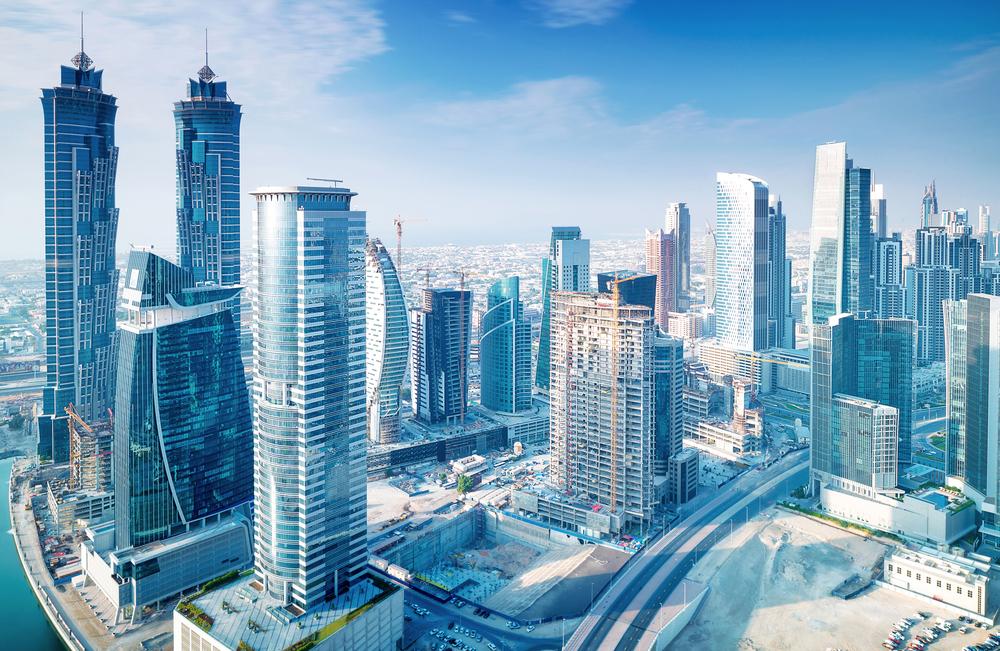Savills reveals positive outlook for global real estate market in late 2020
The rebound is already apparent in locations that have already reopened their economies

Based on Savills Global Network Sentiment Survey (June 2020), the end-user residential market segment is currently going through a market rebound in countries that have started to reopen its economies.
The survey revealed that the recovery can already be seen in China where the credit easing by the central bank has given the market a much-needed post-lockdown push. From mid-February, the residential volumes there have steadily increased.
Even though the deferred purchases have declined as buyers began to realise the impact of the lockdown on the economy and the job market, the figures still reached about 70 to 80 percent of normal levels in some of the major cities by end of March.
Meanwhile, Savills Malaysia said that Malaysia has also shown signs of recuperation.
“We are in the midst of finalising our statistics for the second quarter of 2020, but our records show that aside from the logistics and hospitality sectors, there was not much movement in the other property sectors such as residential, office and retail,” said Amy Wong, the director of research and consultancy at Savills Malaysia.
More: Real Estate virtual touring is on the rise
“The logistics sector received a boost in demand for warehousing space and distribution hubs, whereas the hospitality sector suffered quite a bit during the MCO (movement control order). With the relaxed lockdown, local hotels have been innovative in encouraging domestic tourism supported by the stimulus measures by the government in the months of February, March and June,” she added.
Their survey discovered that healthcare, logistics and to a lesser degree, residential are the most resilient sectors.
As for other countries, banks have become more guarded in terms of their lending criteria during the pandemic. In general, 58 percent of the participants said that real estate loans are either offered on worse terms than normal or have become less available.
Specifically, about 75 percent of participants from North America, Europe, the Middle East and Africa (EMEA) have found themselves under similar situation as to above statement, while only 38 percent from Asia Pacific agreed.
Recommended
Why everyone is moving to Selangor and Johor: Malaysia’s real estate comeback
Malaysia’s upturn in fortunes is especially prevalent in secondary destinations such as Selangor and Johor
Penang’s silicon boom: How the US-China tech war is supercharging local real estate
Penang’s booming semiconductor industry has created ripples within the local real estate sector
New leader, new opportunities: How Hun Manet is shaking up Cambodia’s real estate game
Hun Manet is overseeing decent economic growth and widening access to the country’s real estate market for foreigners
Singapore embraces inclusive housing reforms amid resilient demand
The Lion City’s regulatory strength continues to exert appeal for international investors








